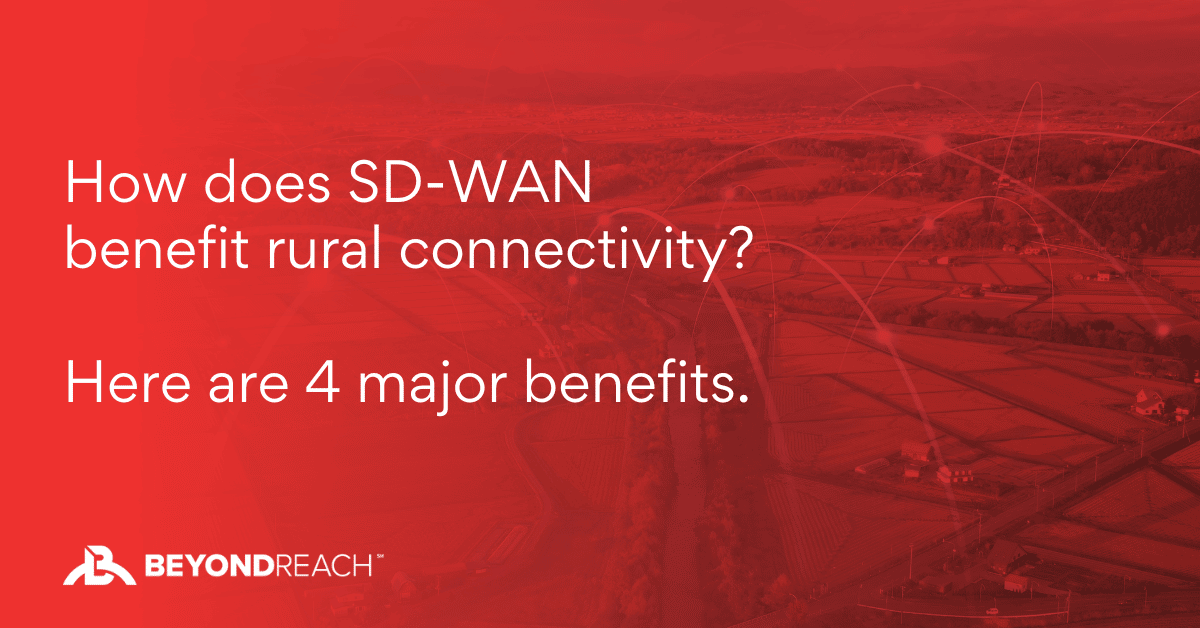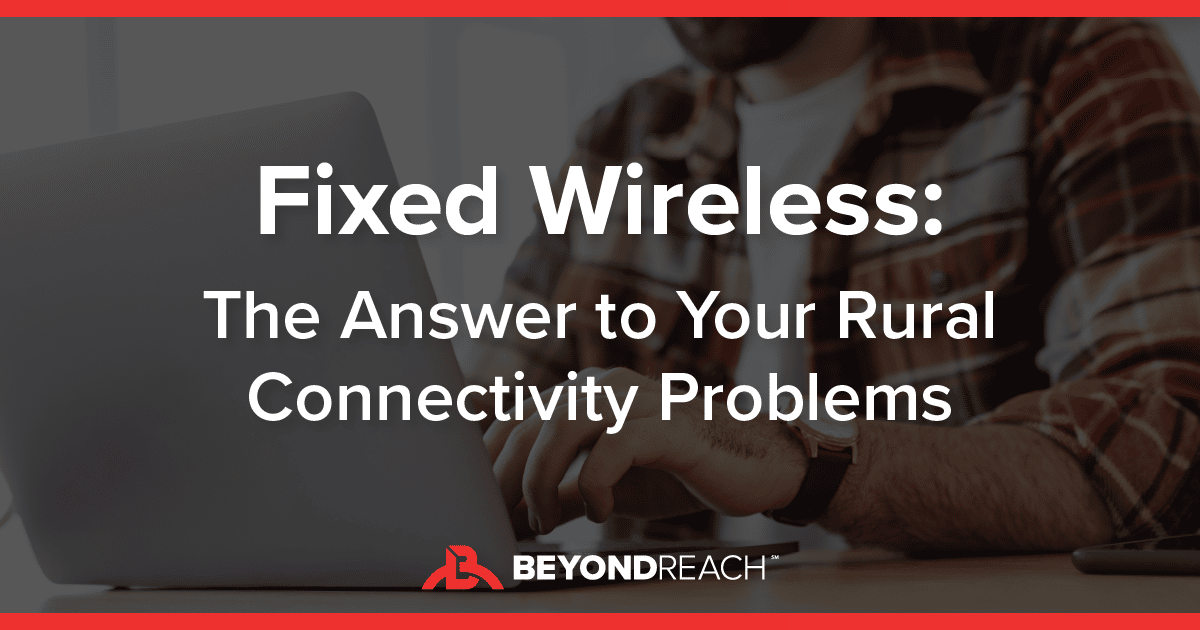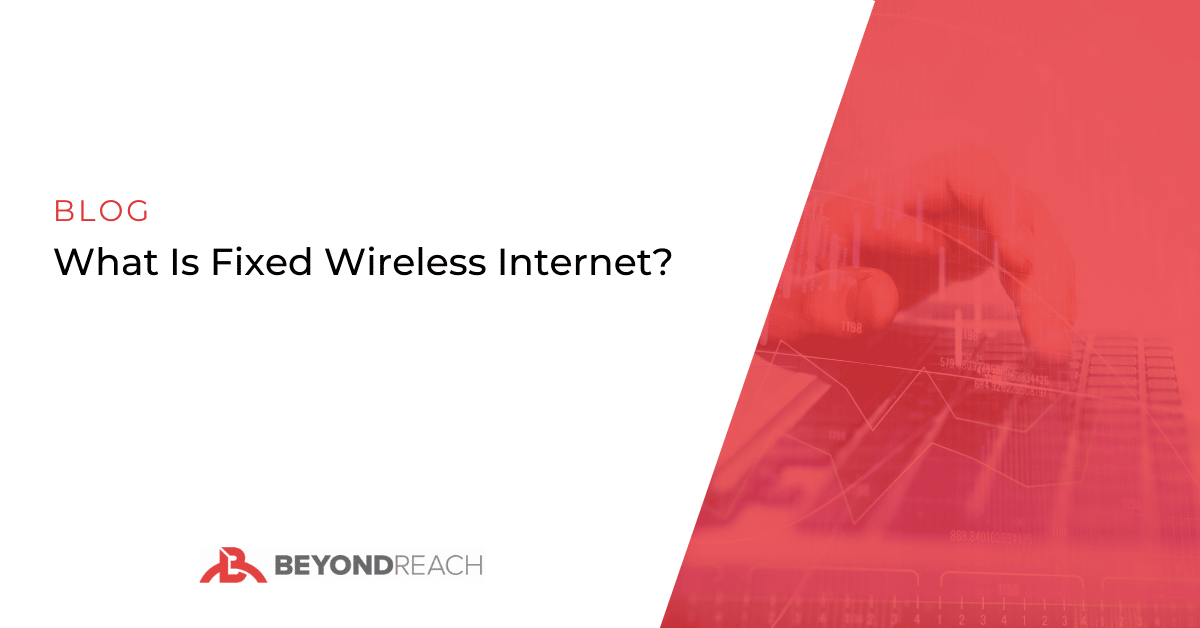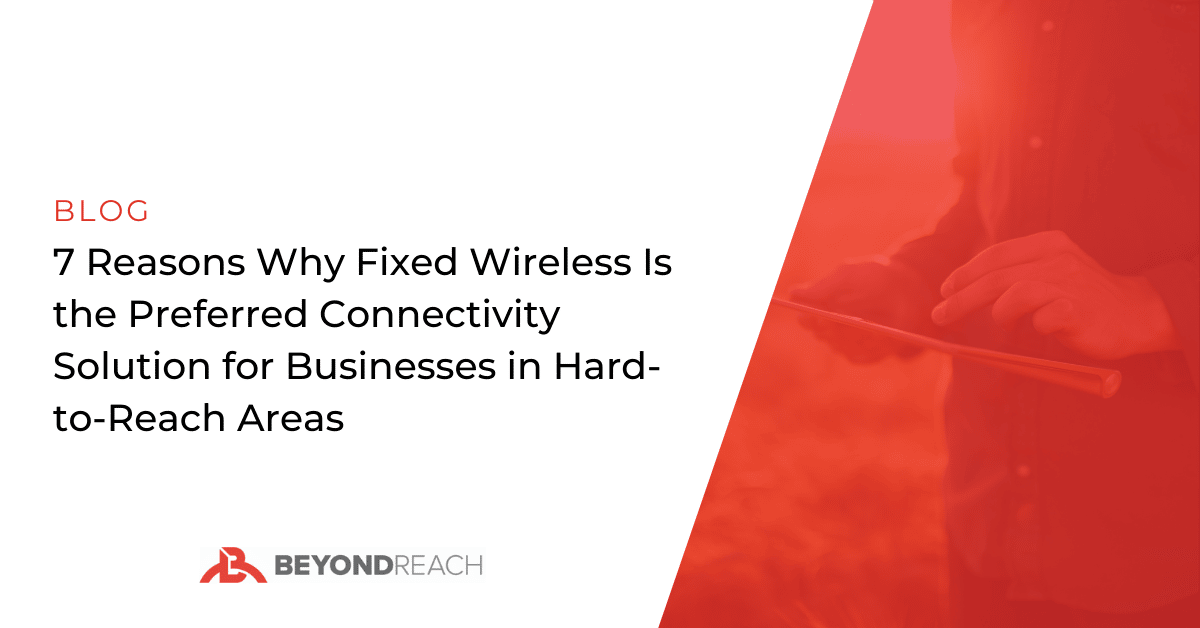4 Key Fixed Wireless Advantages That You Must Know
A stable and high-speed internet connection has become one of the prerequisites for setting up a modern business. This is especially true for organizations that use cloud-based tools to carry out routine operations – and for businesses that have had to embrace remote working as a result of the COVID-19 pandemic.
DSL and fiber internet connections are the most common internet options, and cellular data has also gained popularity due to 4G and 5G technology. But there are certain scenarios where these technologies aren't as useful or feasible. That's where fixed wireless internet comes in.
In this blog, we'll delve deeper into fixed wireless advantages and determine whether it's worth your consideration. But first, let's explore how fixed wireless internet works.
Fixed Wireless Internet: A Closer Look
Fixed wireless technology uses radio waves to provide an internet connection. A receiver installed on your building receives radio signals from the nearest wireless base station. It connects to a router via a standard ethernet cable, and you can connect any device to the router to access the internet.
Fixed Wireless Advantages
Fixed wireless is a relatively new concept, so it's still associated with various misconceptions. However, it's the best choice for businesses in remote locations that are simply unreachable by other connectivity options.
Here are four key fixed wireless advantages that set it apart from other high-speed wireless broadband alternatives:
1. Faster, Hassle-Free Implementation
This is likely the biggest advantage of fixed wireless technology. Instead of laying down and burying cables and fibers, service providers just need to develop a wireless base station. Any receiver within a reasonable distance of the base station can connect to the internet.
Also, getting a fixed wireless connection is as simple as installing a receiver and connecting it to the router. Even if a fixed wireless service provider wants to expand the coverage area, it'll require less resources, cost, and time than other internet options.
2. Access in Remote Areas
Another key advantage of fixed wireless internet is that it's readily available in remote and rural areas, unlike new fiber builds. Its infrastructure doesn't depend on cables and fibers, so it's more cost-effective for service providers to expand coverage – particularly to locations with only a handful of users.
3. High-Speed Connections
Fixed wireless internet speeds are often much faster and offer lower latency than mobile broadband and satellite connections. How fast is fixed wireless internet? Speeds typically range between 3 to 1000 Mbps depending on your specific needs, so this technology is a viable option for hard-to-reach businesses that lack access to other high-speed wireless broadband alternatives.
4. Increased Reliability
Unlike DSL or fiber internet, fixed wireless is less susceptible to inclement weather and natural disasters.
Quality fixed wireless engineers know how to work with the terrain and environment to design solutions that reduce the chance of weather interference. Your internet connection will remain stable as long as your receiver is in sight of a base station, making fixed wireless technology especially useful for mission-critical business operations.
Connect Your Business Quickly With Fixed Wireless
Fixed wireless offers fast internet speeds, easy deployment, and reliability. And because businesses can easily implement the technology in rural areas, it's an affordable and more convenient alternative to other high-speed wireless broadband options.
Check out our free, on-demand webinar today to learn more about the benefits of fixed wireless internet and how BeyondReach can help you deliver fast, reliable connectivity.










